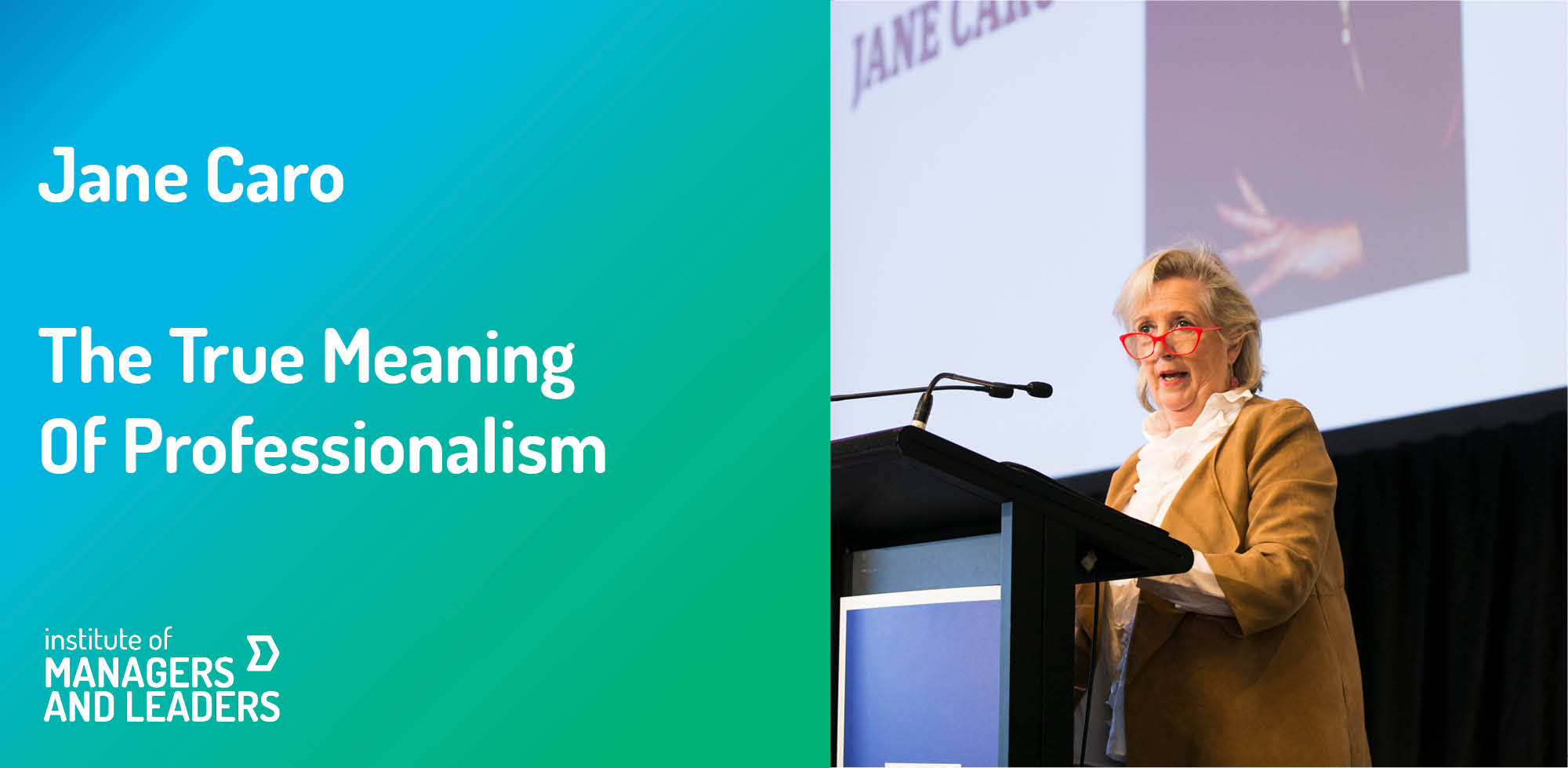By Jane Caro, Author, Journalist and Broadcaster
Are you quick to judge? You may be projecting your own shortcoming on to others. Try a dose of self-awareness.
I THINK IT was US comedian Sarah Silverman who pointed it out first: President Donald Trump’s tweets criticising others for failings and wrong-doings are not actually accusations but confessions. So often, whatever he claimed others were doing, it turned out he was doing himself. There are many other examples of this kind of behaviour.
I now automatically expect that those who froth at the mouth about immorality, adultery, lust and what they call the ‘abomination’ of homosexuality, will sooner or later be caught in flagrante delicto with a mistress, a young man in a public convenience, a prostitute, a cache of child pornography on their computer or all four.
I have often wondered about those who claim climate scientists have concocted a sophisticated international conspiracy about global warming for personal gain. I don’t know if they are aware what your average climate scientist earns, but it’s highly unlikely their academic salaries are enough of an incentive for that level of risk and intrigue. If you want to know where the financial incentives are concentrated in the battle over climate change, I suggest you look to the climate deniers themselves, those who fund them and the billions tied up in the fossil fuel industry. The motives they ascribe to scientists are much more likely to apply to them.
We seem to be in the midst of an epidemic of psychological projection. This is the theory that people protect themselves from their own unconscious and unwanted impulses and desires by denying they have them while projecting them onto others. Irrationally hating people who look different from you may indicate you have deeply buried feelings of inadequacy and inferiority.
Being hostile to women may indicate an unacknowledged fear of your own softer side.

Perhaps the cure for all this psychological projection is self-awareness. To be self-aware means we cannot deny our own unwanted and unacknowledged impulses and desires because they no longer remain stuffed into the darkest corners of our subconscious. Left to gather dust, the unexplored parts of ourselves can cause a great deal of harm. Those are the parts of us that destroy families, careers, friendships and lives, without anyone really understanding why.
Unfortunately, no flesh and blood human is completely self-aware; there are always things about ourselves we are blind to. However, that does not mean we cannot strive to be as self-aware as possible. Indeed, if you find yourself having dark suspicions about someone else’s motivations based on little or no evidence, or take an instant but visceral dislike to someone, those can be red flags about something you are denying in yourself.
If, for example, you think most people are untrustworthy and only out for themselves, look carefully at your own motives and behaviour. If you are jealous of your partner and spy on them seeking evidence of infidelity, look to your own desires and untrustworthiness. If you find someone irritating or pushy, examine yourself, especially if the person you feel such animosity towards is well-liked by others.
The self-aware person will have all the usual failings but they will look to themselves first when things go pear-shaped rather than automatically assuming that if they feel bad or behave badly, it must always be someone else’s fault. Self-aware people own their own emotions, both positive and negative. They own their own weaknesses, failures and vulnerabilities. They face up to their own mistakes and take responsibility for them. They accept that the only person they can change is themselves.
In fact, the more self-aware you become the more grown-up you become. Plenty of human beings, which is both their tragedy and ours, never make it past adolescence in terms of emotional maturity. This includes a great many of our leaders. I can think of two right now who are clearly cases of arrested development and are huffing and puffing at each other while their fingers are hovering over nuclear hot buttons.
Frankly, the need for more emotional self-awareness among those who lead has never been more urgent, but if the only person you can change is yourself, I guess we better all start there, whoever we are.










